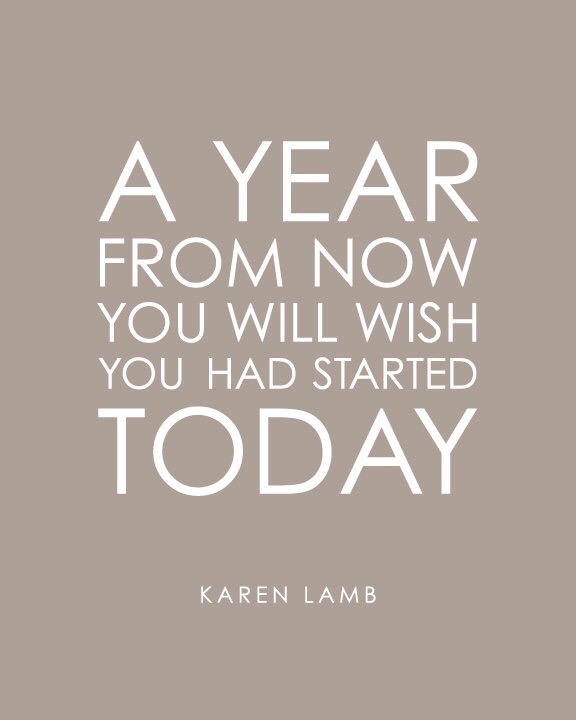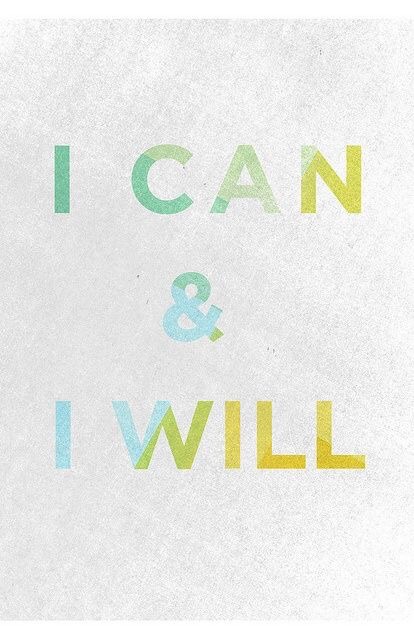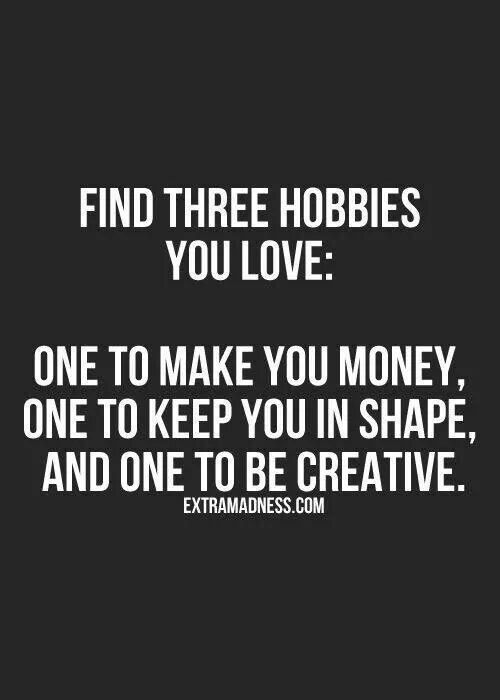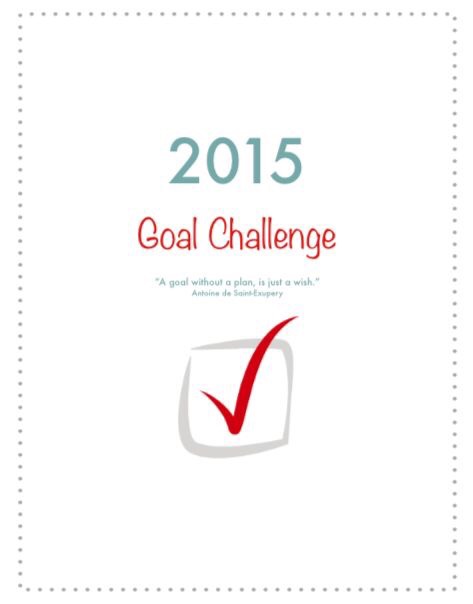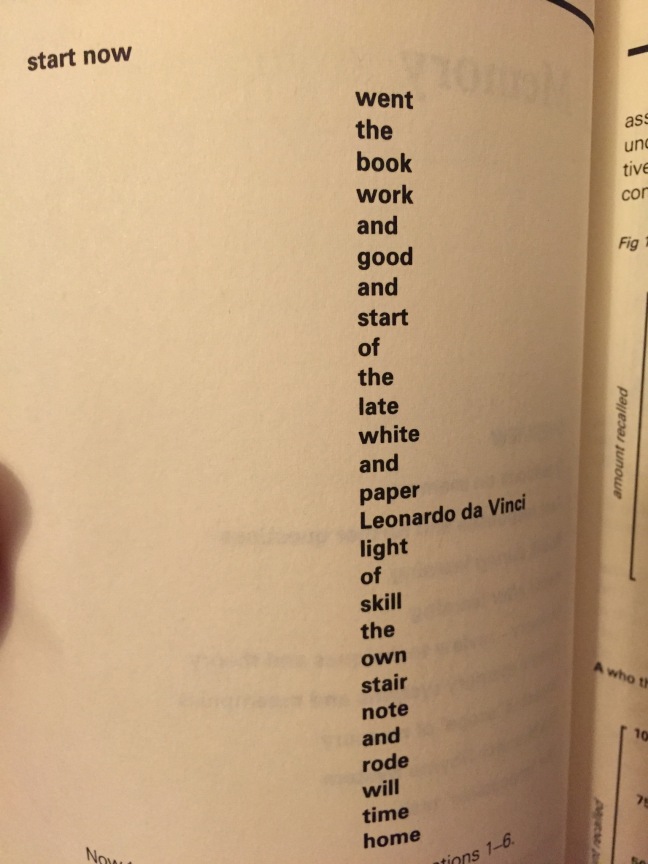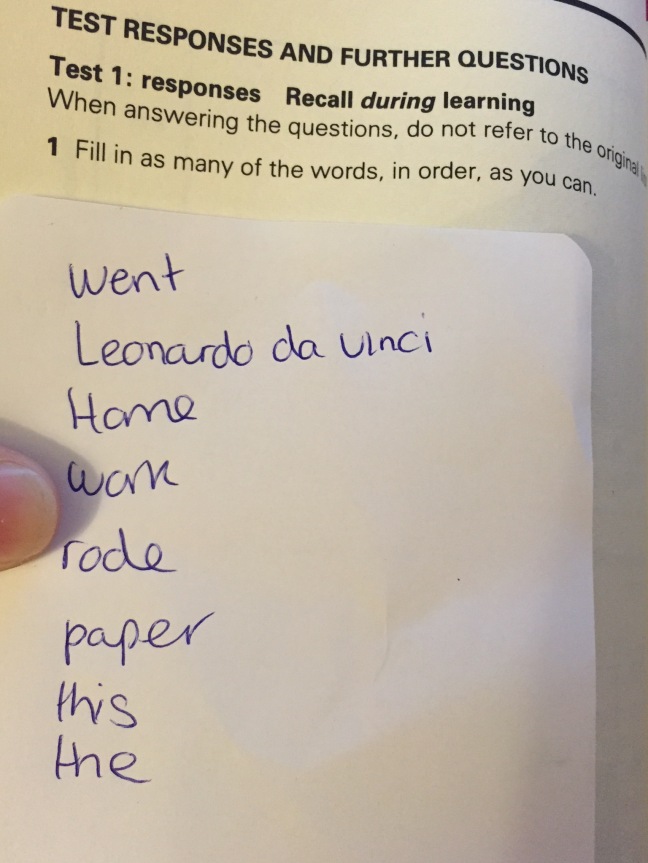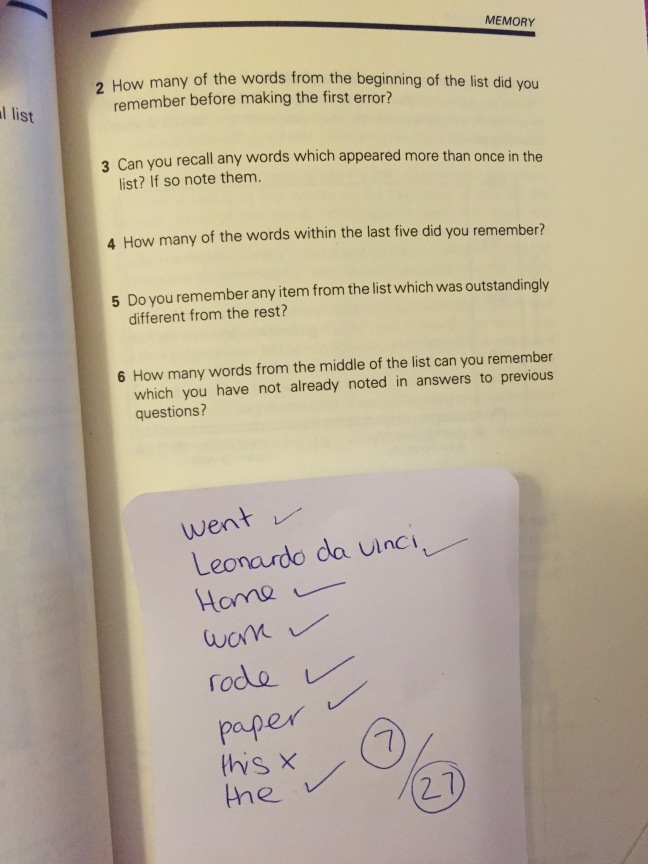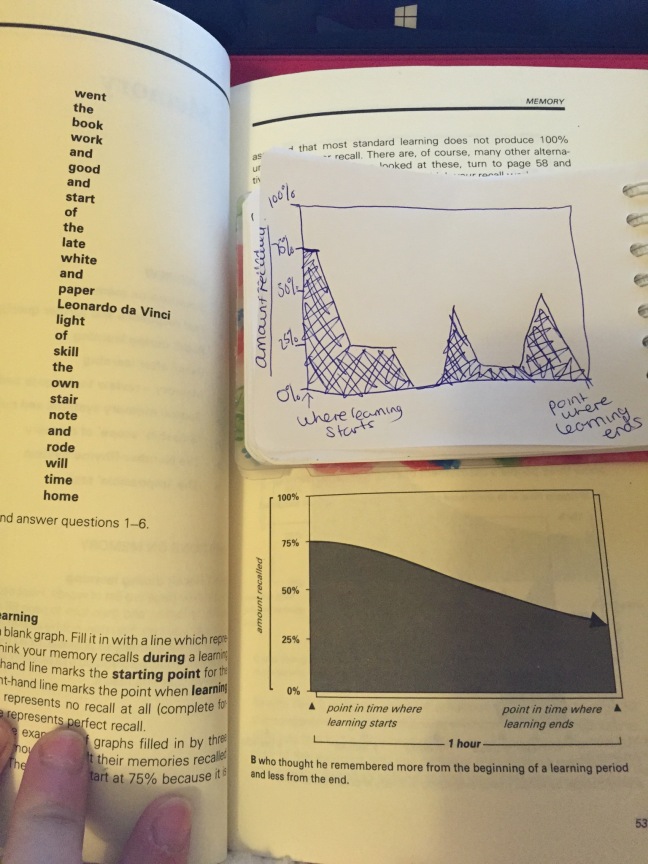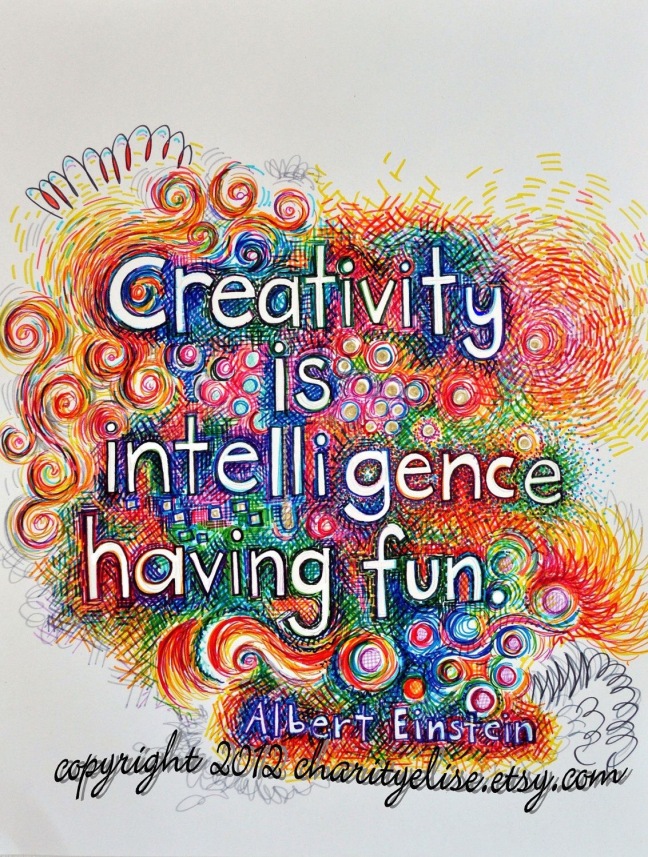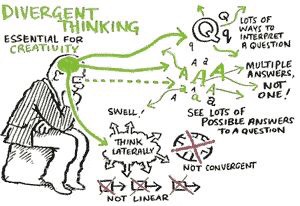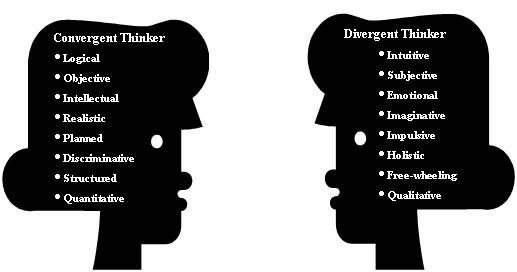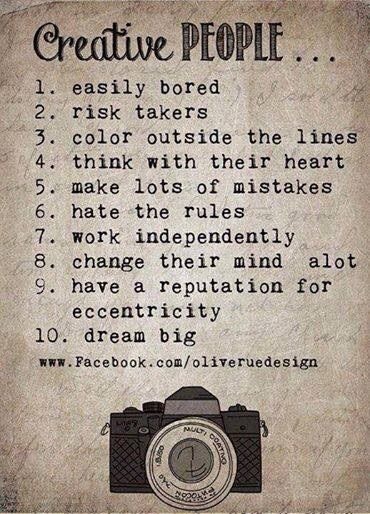Time to Focus
Since I first became ill in 2012, with this rare brain illness; Nmda Encephalitis. Things changed in my brain, and the way I carry out tasks every day. I went from being such a well organised, productive and focused person to then suddenly becoming a very unorganised scatter brain who can’t focus on one thing for long. It’s like my mind gets super bored easily and I get distracted very quickly by noise, sounds or random things. My mind races too fast from random old memories that have no relevance to new ideas and exciting things. It can be good sometimes, but 90% of the time it is not a good thing. I just want to shout STOP at my brain and get it to slow down, concentrate, and finish the task I am meant to do without procrastinating.
I have decided to do something about this. It’s been 2 years with this illness, and I don’t want any more years like this, not being able to focus for long.
I am going to attempt to change, I started listening to a podcast before bed by ‘Paula Sweet’ and she had topics on ‘productivity, staying focused etc.’ she mentioned she had read the book ‘Eat that frog’ by Brian Tracy.
I decided to start reading this book too.
“The first rule of frog eating is this: if you have to eat two frogs, eat the ugliest one first.”
This applies to; when you avoid certain tasks that need doing, and do other tasks instead that aren’t necessarily a priority. This quote means you should do the task you least want to do, first. This way you will have a greater sense of accomplishment and achievement and are not wasting time.
Things I have learnt are that to be productive you need these 3 qualities;
- Decision
- Discipline
- Determination
The most important thing is; clarity, knowing what your goals are or what needs to be done and the order it needs to be put in.
For me, I have lots of determination, and the discipline but lack the quality; decision making. I am very indecisive, and quickly change my mind with lots of things. It’s the ability to make a decision which I find extremely hard, it just doesn’t come naturally to me.
The Seven Simple Steps
- Decide exactly what you want
- Write it down
- Set a deadline for your goal
- Make a list
- Organise the list into a plan
- Take action immediately
- Do something every day towards your goal
The next thing the book advised to do, is the ‘10 goals, in 1 year’
I have a some from my list, here:
- Do 1 sketch/painting every day for 365 days
- Learn 2 new words every day for 365 days
- Learn to cook new recipes (1 every week, 4 every month, 48 in a year)
- Tone, get fit & build muscle (exercise x4 days a week, review monthly)
I will go through the short and long term plans of my goals so I can achieve them. I am excited to do this. And will keep record of it on this blog & Instagram as I go along.
Start it with me this new year, get motivated 😀
#10goals1year

